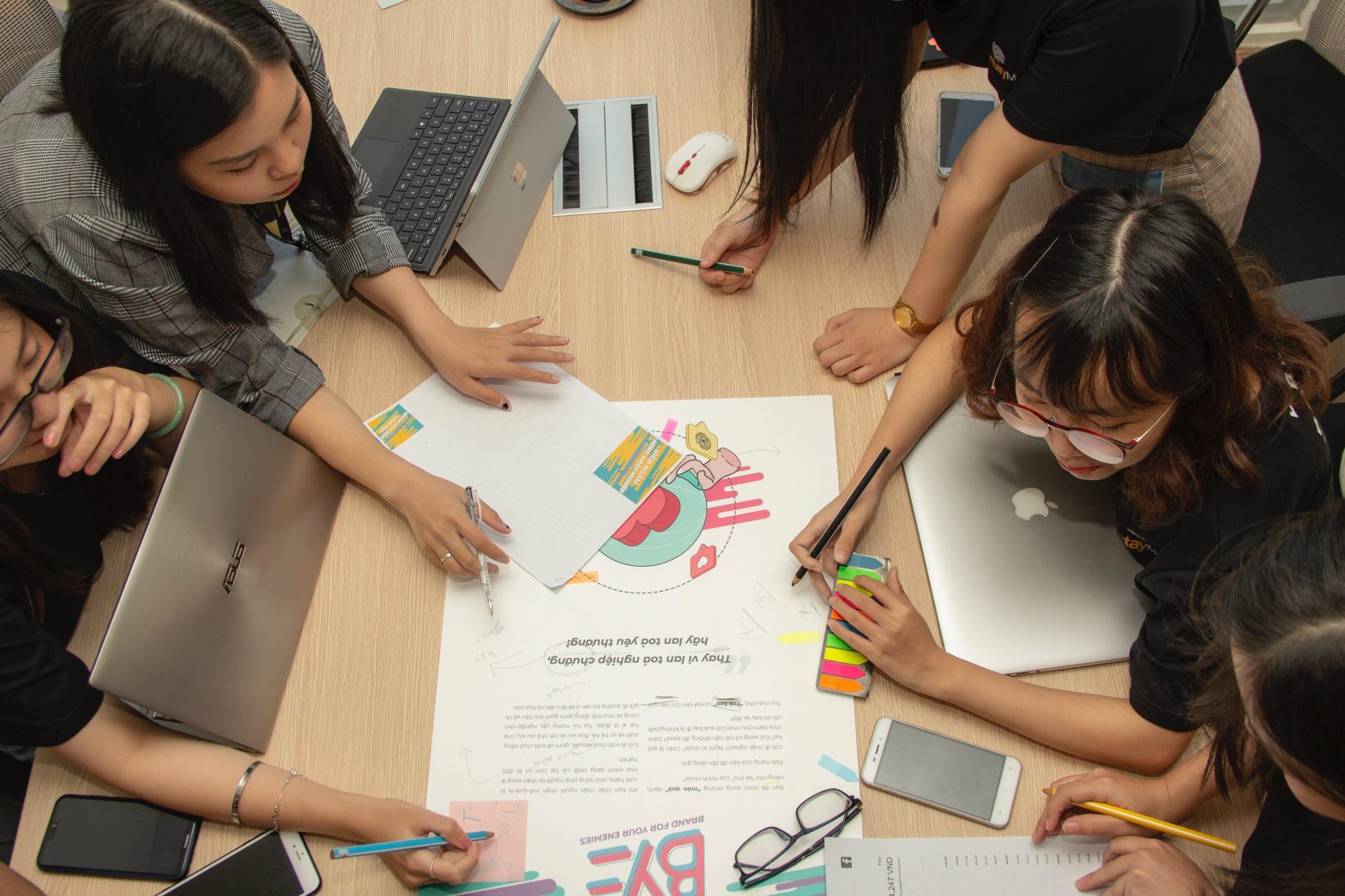
Time Management Skills and Techniques for Students
2,041
Between classes, studying, extracurriculars, and social lives, students face immense demands on their time. Learning effective time management strategies early in life builds skills that pay lifelong dividends. Developing habits that structure days efficiently reduces stress and helps achieve academic and personal goals. Using an essay writers service may temporarily relieve students’ deadline stress, but learning productivity tools, setting goals, and minimizing distractions are critical time management techniques for long-term student success. Here are the top techniques students should cultivate:
Use Planners and Calendars
Planners or digital calendars help visualize everything that needs to get done. Scheduling blocks of time for fixed activities provide structure. Recording homework and project due dates ensures tasks get tracked. Carry planners everywhere to stay organized on the go.
Prioritize Important Tasks
Not all tasks demand equal time and energy. Use Eisenhower’s Urgent-Important Matrix to separate less crucial “busy” work from academics and responsibilities requiring focus. Assign priority status to calendar blocks. Tackle urgent and important items first to ensure completing essentials.
Batch Similar Tasks
Group similar tasks together in calendar blocks to maximize focus. For example, knock out all math homework in one sitting instead of constantly switching between subjects. Task switching drains mental energy. Setting aside designated times for specific types of tasks boosts efficiency.
Eliminate Time Wasters
Identify activities that consume time without contributing towards goals. Cut down on endless social media scrolling, casual web browsing, and other “time vortex” traps. Install site blockers to reduce temptations during study sessions. Limit distractions to stay on task.
Take Breaks and Rest
Trying to work nonstop is counterproductive as focus fades. Build in short 5-10 minute breaks every 45-60 minutes while studying to recharge. Proper sleep ensures having mental energy during busy days. Make time for fun with friends to relieve stress.
Start Tasks Early
Waiting until the last minute leads to hasty, error-prone work. Begin assignments and projects immediately to avoid mad rushes near deadlines. Break large projects into stages spread out over multiple weeks. Steady progress eases time crunches.
Create Weekly Routines
Establishing set routines completes tasks automatically without deciding each time. Dedicate certain days to clubs, sports, or socializing to balance academics. Consistent morning and evening getting-ready routines make hectic days smoother. Repeat schedules cement good habits.
Say No to Overcommitting
Be realistic about workload capacity when taking on activities. Too many commitments lead to missed deadlines and stress. Focus energy only on the most meaningful activities aligned with priorities. Don’t overload schedules to impress others.
Minimize Distractions During Work
Phones, friends stopping by, loud environments, and other disruptions shatter focus. Silence phones and minimize chat app notifications. Politely ask not to be disturbed. Seek quiet study spots like libraries. Noise-canceling headphones block auditory distractions.
Continuously Improve Systems
Assess if time management techniques work as expected or need tweaking. Experiment to find improved approaches. Seek mentor and teacher guidance to refine skills. There is always room for upgrading routines and self-discipline.
Conclusion
Mastering time management takes practice but immediately benefits student life. Prioritizing important tasks, planning efficient schedules, eliminating distractions, and developing consistent routines keep students on top of their studies while enjoying a balanced life. Making time management a habit sets up lifelong success.











